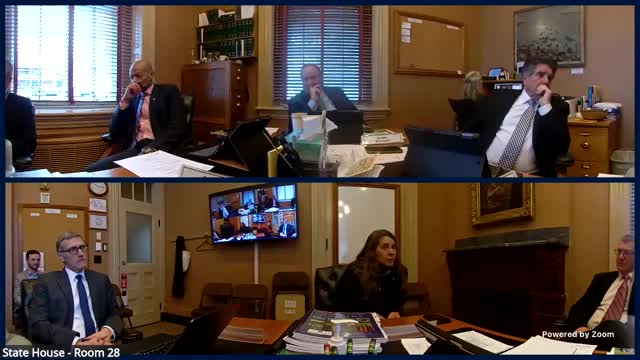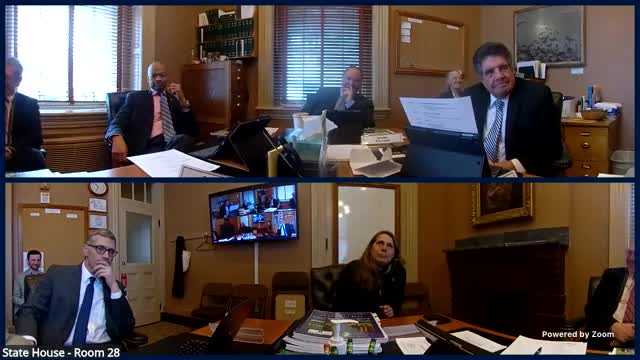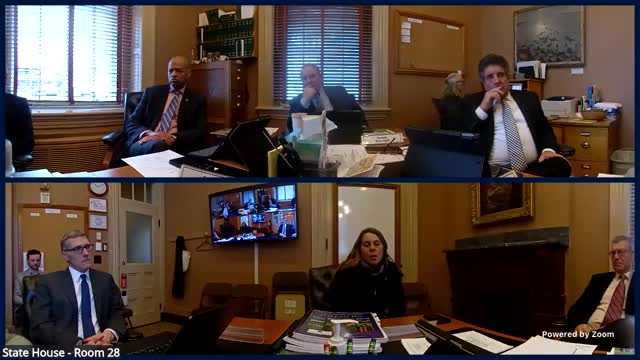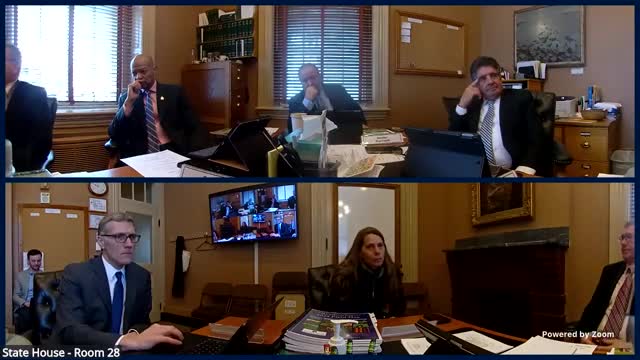Article not found
This article is no longer available. But don't worry—we've gathered other articles that discuss the same topic.

UVM Extension reports progress on hemp fiber and local grain infrastructure for Vermont markets

UVM Extension tracks transition from neonicotinoid seed treatments; early results mixed

UVM Extension warns of legacy phosphorus, outlines tile‑drainage research and nutrient management work

